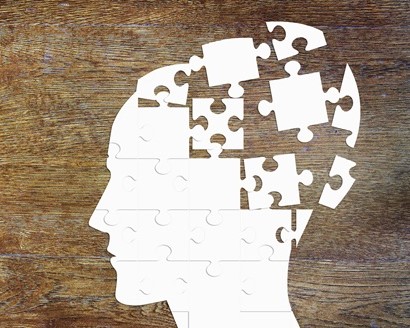The human brain has an innate ability to ignore the sound of our footsteps or crunching of our bites. A study was conducted on mice recently which showed the mouse brain did not receive sounds of footsteps which lets the mouse hear the other sounds of the surroundings.
Researchers, in the journal Nature, stated, “For a mouse walking around in a field it’s better to hear a cat than its own footsteps.” Professor Richard Mooney and his team conducted a study of “acoustic virtual reality system” on a mouse. In this process, they entrenched tiny electrodes into their auditory cortex, which is an area in the brain for processing sound.
They made the mice run on a treadmill and then played a quick note or a tone pip. After thousands of footsteps, the team found activity in the auditory cortex decreased after two to three days. “Just imagine the mice are running on a tiny piano,” said Mooney.
However, the researchers realized that after changing the sound of the pip the auditory cortex had become much more active. This explains that, in the same way, a human brain can hear footsteps sometimes if a person wears loud boots once in many days.
Mooney said, “Experience can shape how the brain suppresses predictable sensations that arise from movement.”




